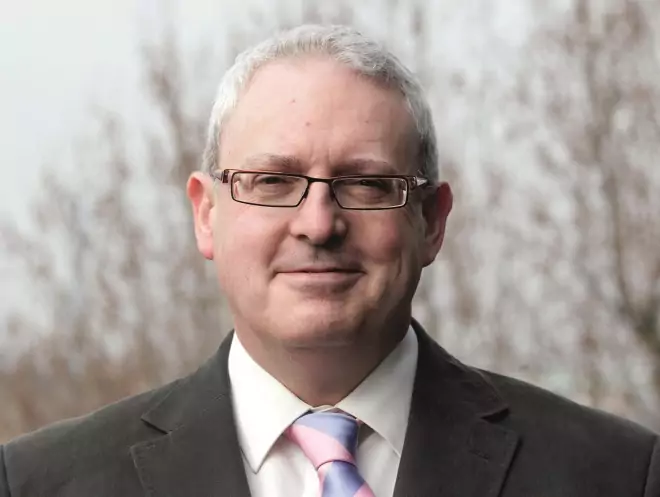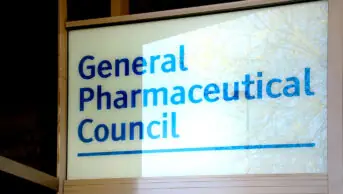
General Pharmaceutical Council
The General Pharmaceutical Council (GPhC) will increase all registration renewal fees by 7.5% from April 2024, despite 95% of consultation respondents saying the increase was “too high”.
In an announcement on 14 November 2023, the GPhC Council said it had taken “the difficult decision” to increase fees after “careful consideration” at its meeting held on 9 November 2023.
The statement added that operational costs had increased owing to “higher rates of inflation, increasing utility bills and supplier costs”, resulting in the conclusion that it “had to raise the fees in order to be in a position to continue to carry out regulatory work”.
The increases mean that the pharmacist renewal fee will increase from £257 to £276 from April 2024; the pharmacy premises renewal fee will increase from £365 to £392; and the pharmacy technician renewal fee will increase from £121 to £130.
The GPhC added that fees for individual registrants had been frozen since 2019 “through cost savings measures including being more efficient, using financial reserves when necessary, and moving to a smaller office which continues to benefit from the VAT exemption offered in Canary Wharf”.
“Current fees remain lower than they were in 2011 … [while] fees for premises have not increased since 2021,” it added.
The GPhC published its fee increase proposals in May 2023, in advance of a 12-week consultation period, which closed on 8 August 2023.
In papers published alongside its announcement of the fee increase, the regulator said it had received 7,129 responses to the consultation.
Of the responses, 95% felt the proposed increase was either a “bit too high” or “much too high”; 84% of respondents either disagreed or strongly disagreed with the reasoning given for increasing fees; and 64% either disagreed or strongly disagreed with the approach of raising fees by the same percentage across all registrant and applicant groups.
The GPhC added that “many respondents” also called on it to reduce its own costs and expenditure, with some respondents “particularly highlighting” they felt it should relocate from “expensive headquarters” in London’s Canary Wharf.
Commenting on the announcement, Paul Day, director of the Pharmacists’ Defence Association, said his association’s members would be “disappointed” by this decision.
“The GPhC have consulted on a proposal, discovered that the vast majority of respondents rejected it but decided to implement the proposal unchanged,” he said.
“The new Canary Wharf offices may well be lower cost to occupy than the previous Canary Wharf offices, but registrants will want more information about other options, which could have meant even lower costs.”
In a statement published alongside the fee increase decision, Duncan Rudkin, chief executive of the GPhC, said: “We know that these are challenging times and that this increase will come as unwelcome news to those we regulate. But, to be effective in our role of protecting the public, we need to make sure the fees we charge cover the cost of regulation going forward.
“We are working in a changing environment and have to adapt accordingly and regulate in a world where pharmacy is evolving at pace. This will continue to lead to significant changes in the scope and complexity of our work, on top of the major projects we are already undertaking, such as reforms to initial education and training, post-registration assurance of practice, and the development of new standards following legislative change.”


